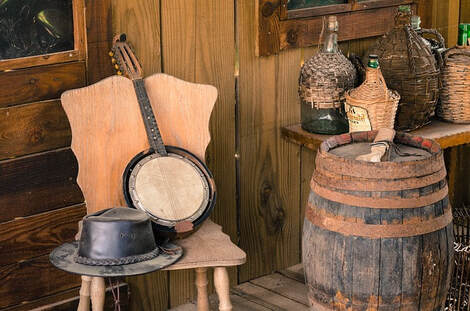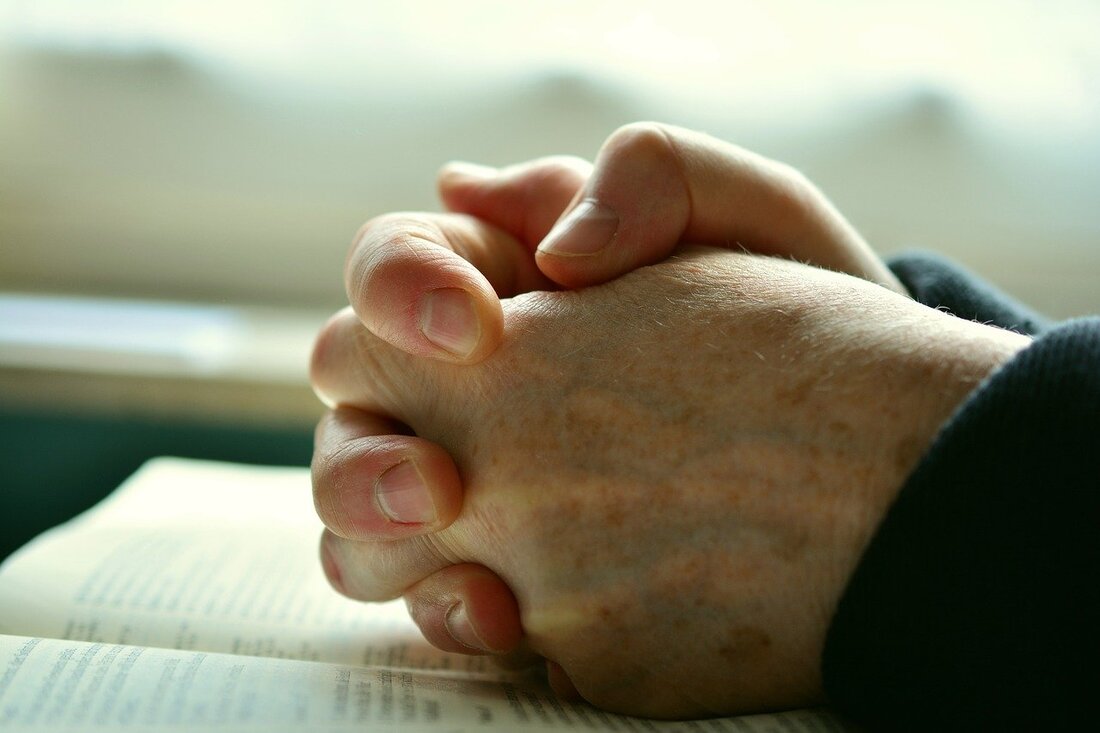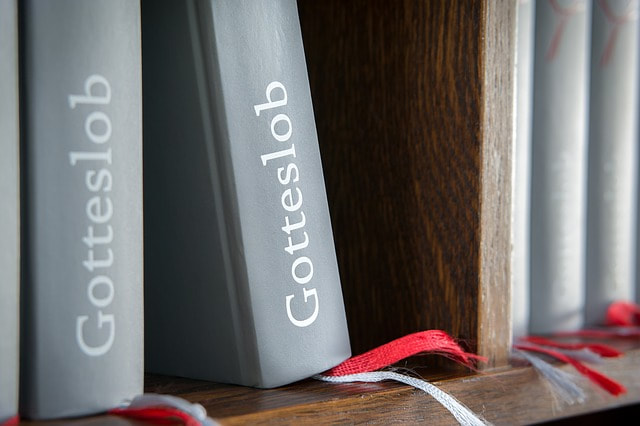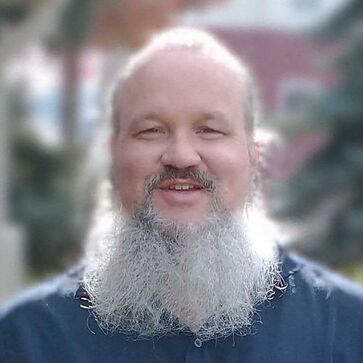|
At 9:00, we visit South Africa for songs of community and mission —walking forward together in Christ. Bassist Peter Strening and Plymouth's Staff Singer Blair Carpenter joins us along with a very special guest percussionist.
At 11:00, two settings of contemporary Lutheran hymns by James Biery— a song of baptism and renewal ("O Blessed Spring") and a blistering toccata on the communion hymn "Thine the Amen Thine the Praise.") The Chancel Choir offers a Hal Hopson setting of the South African Freedom Song "Siyahamba," a bit of cross-pollination from the early morning service.
0 Comments
Joining God's vision for a new heaven and new earth.
At 9:00, flutist Aaron McGrew and bassist Peter Strening joins us for a Celtic-inspired musical feast including a Bach-inspired work by legendary Celtic rock band Jethro Tull. At 11:00, two works from contemporary composer Daniel Pinkham's collection "Music for a Quiet Sunday" from the organ this Sunday. First, excerpts from his partita on the Irish tune "Slane," commonly sung with the text "Be Now My Vision." Lastly, the not-so-quiet "Festive March," a re-imagined sortie utilizing the composer's distinct idiosyncratic musical language. The Chancel Choir offers "Mighty Are Your Works, O God," a Hal Hopson setting of Mozart's K. 337: a celebration of God's creation. On the menu this Sunday — an eclectic musical stew.
At the 9:00 a.m. service, the Plymouth Ringers offer their ringing bells and other assorted percussion amid songs of thanks and praise. And the organ speaks. At the 11:00 a.m. service, a violin sonata excerpt from George Frideric Handel by Harmony Tucker and a Celtic-inspired organ work from composer Hans-André Stamm will be heard. The Chancel Choir offers the Horatious Bonar hymn "O Love of God" in a sparse setting by David Ashley White accompanied by solo violin. On this World Communion Sunday, we celebrate the diversity and community of God's people throughout the earth. Songs of unity, praise, and of the Living Bread will be shared. The Chancel Choir anthem "One World" by Linda Kachelmeier beautifully encapsulates our worship time together in these words:
O for a world where there is peace. O for a world where we are one. A world: where I can be myself. A world: where I can grow old. A world: where I am free to love and add love to the world. A world: where teachers are revered. A world: where laughter is heard. A world: where children all are safe and sleep in loving arms. A world: where we can trust our leaders. A world: where hunger is fed. A world: where we break down the walls that threaten to divide. Let peace fill our hearts, our nation and our world. So we may dream together, pray together, work together to build one world with room enough for all. "One World" (2012) by Linda Kachelmeier Songs of gratitude, praise, and thanks.
Ukuleleist Stuart Yoshida brings a Hawaiian flair to the musical offerings at the 9:00 a.m. service. Bassist Peter Strening and cantor Blair Carpenter also join. A brief fanfare-like setting of the hymn "Come, Let Us Join Our Cheerful Songs" by Mark Sedio opens the 11:00 a.m. service in a joyful invitation. The classic hymn of gratitude "Now Thank We All Our God" will be heard at the Postlude in Sigfrid Karg-Elert's famous chorale prelude setting, a staple of the organ repertoire. The Chancel Choir offers "Behold Now, Bless the Lord" by John Corina, a fanciful dance-like work that exudes joy as it navigates a plethora of irregular time signatures. Songs from the Ionian Community and folk rock duo Indigo Girls will be offered at the 9:00 a.m. service this Sunday. Guitarist/vocalist Alan Skowron, bassist Peter Strening, staff singer Blair Carpenter, and I lead you in songs extolling the blessings of God's presence and Christian love.
Scripture contains many examples of humankind's yearning to know God and often through a personal plea—even a soliloquy. At the 11:00 a.m. service, David Conte's "Soliloquy" for organ begins with a plaintive solo flute melody transforming into an open dialogue of sound before returning to one voice. The Plymouth Ringers return to our sanctuary in a live setting for the first time in over eighteen months! Offering my setting of the Catholic hymn "Make Me a Channel of Your Peace," this atmospheric work references the peace we find when resting in God. A Baroque-styled gigue on the closing hymn "Joyful, Joyful, We Adore You" by Charles Callahan closes the service in a dance-like ode to joy and love. Praying for wisdom and guidance this Sunday morning—praise to God!
At 9:00 a.m., songs from the Iona community, Celtic tradition, and cinema are offered. Cantor Blair Carpenter and violinist Harmony Tucker join us. At 11:00 a.m., the Chancel Choir returns with an invocation to the Holy Spirit in "Come, Gracious Spirit" by Alfred Fedak. At the organ, two Germanic hymns of praise set by two German composers from two different eras: "My Faithful Heart Rejoices" by Johannes Brahms and a toccata on "Praise the Lord, My Soul" by Hans-Andre Stamm. This Sunday, we offer a service of remembrance for those who perished in the September 11 attacks nearly twenty years ago. Songs of protection, solace, comfort, and hope for this Sunday morning by Alfred Fedak, Brenda Portman, and more.
Composer Abbie Betinis wrote a beautiful choral anthem entitled "Blessed be the Lord, My Rock" as a prayerful musical response to that terrible day. She used selected texts from Psalm 144 to express the truth that God will always be there no matter the circumstance. Let this text be a source of comfort, hope, even joy, today: Blessed be the Lord, my rock and my fortress, my stronghold, my deliverer, My shield and he in whom I take refuge. We are like breath, our days are like a passing shadow. Bow thy heav'ns, O Lord, come down! Stretch forth thy hand from on high, rescue me, deliver me. I will sing a new song to thee, O God.  By Anonymous 15th century - Agincourt Carol, Public Domain, https://commons.wikimedia.org/w/index.php?curid=77329892 By Anonymous 15th century - Agincourt Carol, Public Domain, https://commons.wikimedia.org/w/index.php?curid=77329892 While the pandemic has skewed just about every aspect of our lives, we still have much to be thankful for: our church, our faith, our perseverance, our lives. This Jubilee Sunday begins with a new "eclectic" service format at 9:00 familiar to anyone who has ever attended the former 6:00 p.m. service or the Rolland Moore Park services. Staff Singer Blair Carpenter, ukulelist Stuart Yoshida, bassist Peter Strening, and I lead you in song steeped in the Celtic, folk, and jazz idioms. At the 11:00 "traditional" service, the Chancel Choir returns for its first full season since 2019! Although socially-distanced, we offer the Natalie Sleeth classic "Hymn of Promise" in the same hopeful and worshipful spirit as always through the years. At the organ, two hymns of thanks by composers Charles Callahan and Healey Willan.  Image by Rudy and Peter Skitterians from Pixabay Image by Rudy and Peter Skitterians from Pixabay Come join us at Rolland Moore Park this Sunday morning for outdoor worship, fellowship, and tunes from the American songbook. Vocalists Blair Carpenter and Bruce Ronda (also on guitar) lead our merry band including yours truly, bassist Peter Strening and Harmony Tucker on fiddle through worshipful Americana-tinged classics. Hope to see you there! |
Details
|









 RSS Feed
RSS Feed